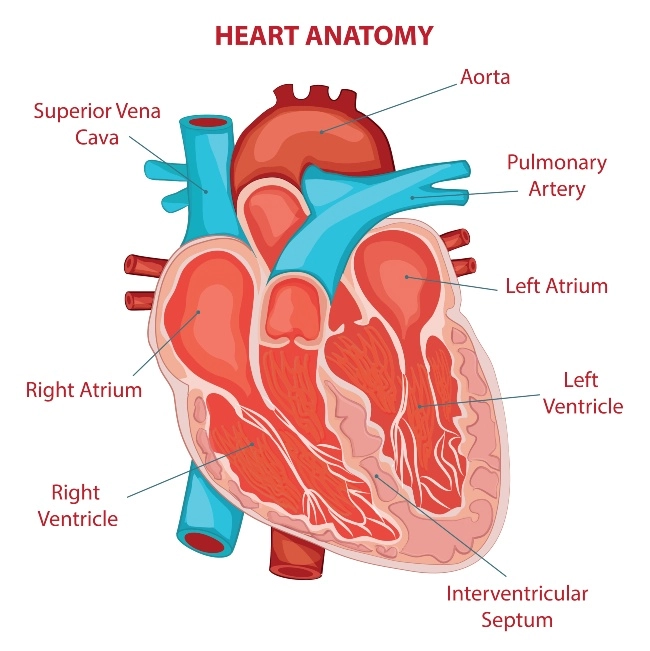Salem Health structural heart
Advanced care for your heart's foundation
Structural heart disease is a problem with the tissues or valves of the heart. Many structural heart diseases are present at birth while others develop later in life.
There are many kinds of structural heart diseases, but they all involve a defect or disorder in the structure of the heart tissue or valves.
Salem Health offers innovative treatment options for a wide range of complex heart issues and abnormalities. We provide safe and effective treatment for those who are low, intermediate or high risk for surgical procedures. As part of an elite group, we provide timely patient care, safe outcomes and patient follow-up from time of initial diagnosis through the first year after the procedure.

Common conditions we treat
- Aortic valve stenosis
- Atrial septal defect (ASD) and
- Heart valve disease
- Mitral valve regurgitation
- Left ventricular hypertrophy
- Cardiomyopathy
- Marfan syndrome
- Myocarditis
- Patent foramen ovale (PFO)
Common treatments we provide
- Repair or replace heart structures
- TAVR (transcatheter aortic valve replacement)
- LAAO (left atrial appendage occlusion)
- PFO/ASD closure